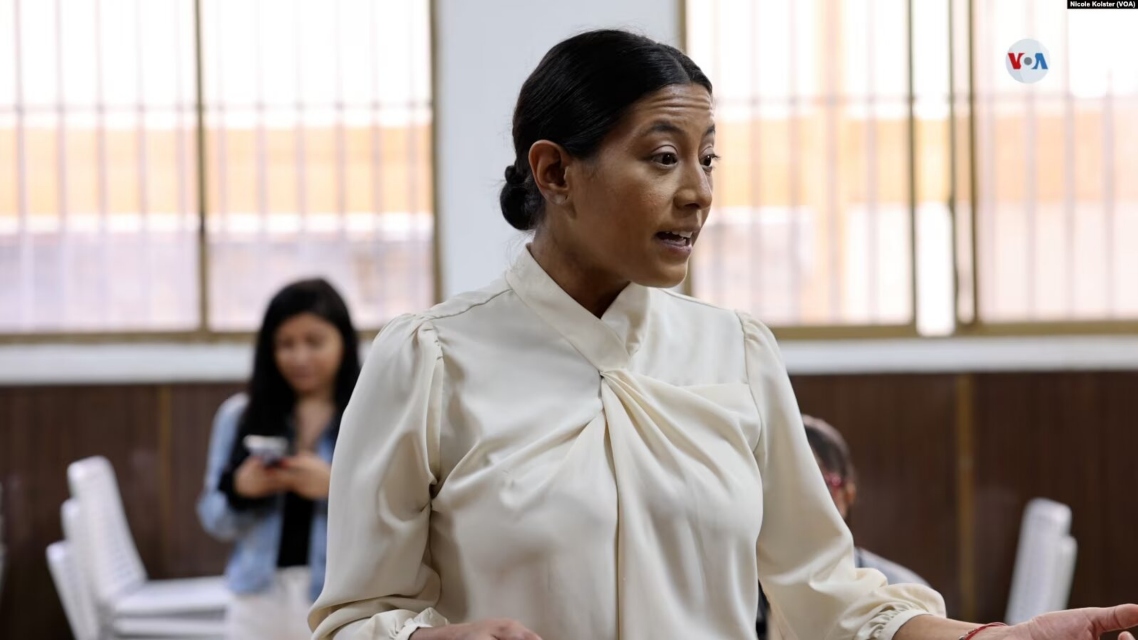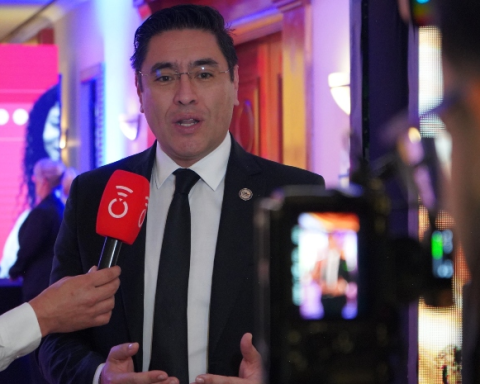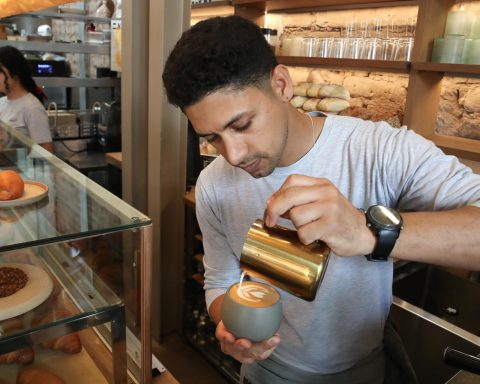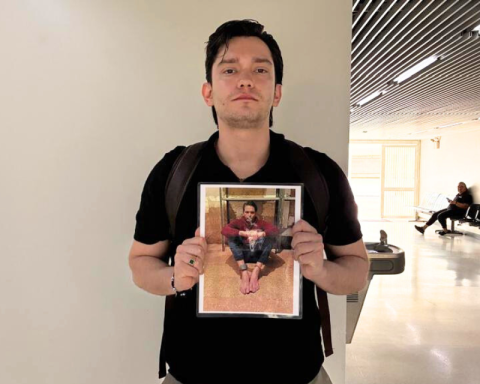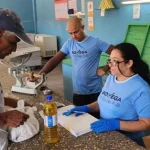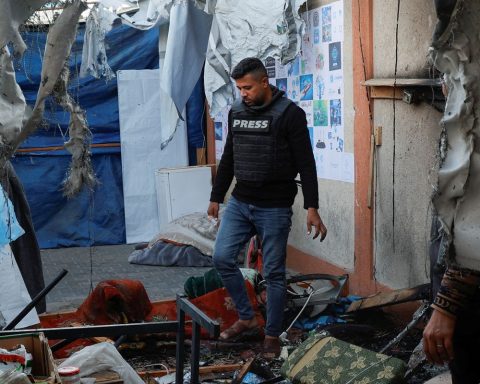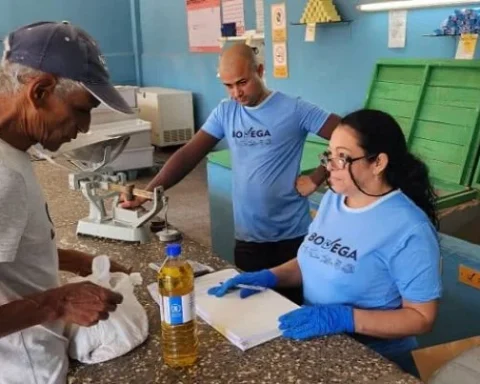Venezuela has the lowest rate of female labor participation in Latin America and the Caribbean, according to the Inter-American Development Bank (IDB). The average number of women employed in the region is 47%, while in the country it is 37%
Text: nicole colster
-What are you good at?
-“Sweeping”, answers a girl in Catuche, a popular neighborhood in the center of Caracas.
She is part of the girls and adolescents who live in vulnerable areas of Venezuela and who do not see a clear future beyond being caregivers or domestic workers, according to the NGO Inspiring Girls, which works in 30 countries and has the firm objective of changing that concept.
The response “is an alarm,” Meily Chang, director of Inspiring Girls in Venezuela, told the Voice of America from the auditorium of a school in Caracas, where she organized an event with adolescents.
Venezuela has been experiencing a structural crisis for years that “has influenced how girls and adolescents see themselves in the future,” explains Chang.
The UN agency for refugees (Acnur) indicated last December that 7.1 million Venezuelans left their country of origin in recent years.
And in this context, the NGO points out, many young women are forced to assume the responsibilities of parents who emigrated and left them in charge of younger brothers.
“Many girls right now are assuming the responsibility of being the ones who take care of their little brothers and believe that it is the only role they can play, that of caregivers, when they can be more,” explains Chang, who has led the foundation since 2021.
Chang precisely highlights the case of a young woman from the Paria Peninsula, Sucre state (east), who had to take care of her family when her parents emigrated. Before leaving her, her mother, far from motivating her to study, told the girl: “you don’t work for that”.
“The girl is studying,” celebrates the successful case. “Eventually she writes me: ‘does she know? If I hadn’t received that talk, I wouldn’t have met the psychologist I met at that time, who told me that Social Work was linked to what I wanted to do and I probably wouldn’t have done it’”.
In the talk, Chang asks the girls what challenges they identify when studying. The first thing, she affirms that it is “what our parents think”; followed by “doubts”, “social limitations” and “lack of opportunities in the country”, which is going through an acute crisis that has ended the purchasing power of Venezuelans.
In schools, the responses are more encouraging than when they visit vulnerable areas, somewhat linked to nearby references.
“Girls aspire to be doctors, they want to be police officers, many want to be surgeons. There are girls who have told us that they want to be flight attendants,” she says.
*Read also: Women politicians continue to face “structural obstacles” in the country
Fears of women in Venezuela?
Women engineers share their success stories with the group of adolescents, encouraged by the NGO, with the aim of increasing the professional ambition of the girls.
“How did you cope with the fear of studying such a strong career?” asks one of the young women.
One of the professionals explains the challenges, the effort, the achievement. It’s not easy being a professional in this conservative country, which, like most of the world, presents more opportunities for men.
Venezuela actually has the lowest rate of female labor participation in Latin America and the Caribbean, according to the Inter-American Development Bank (IDB).
The average number of women employed in the region is 47%, while in Venezuela it is 37%.
According to Inspiring Girls, “girls experience a 30% loss of self-confidence between the ages of 8 and 14.”
“I would like to see more talk about self-confidence because normally that is what stops us, the fear of new things, or how one creates that confidence to move forward,” Alexandra Padilla, 17, told VOA. who wants to study foreign trade.
Ruth Saraí, 13, told VOA that “talks like these motivate her,” because “women talk about their problems but they are still in the careers they wanted and love.”
In his case, he leans towards architecture.
Post Views: 17
